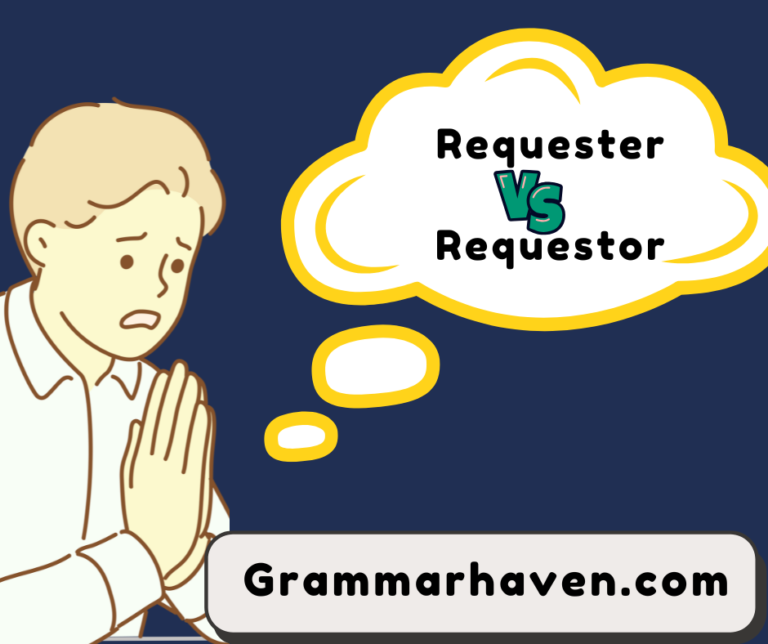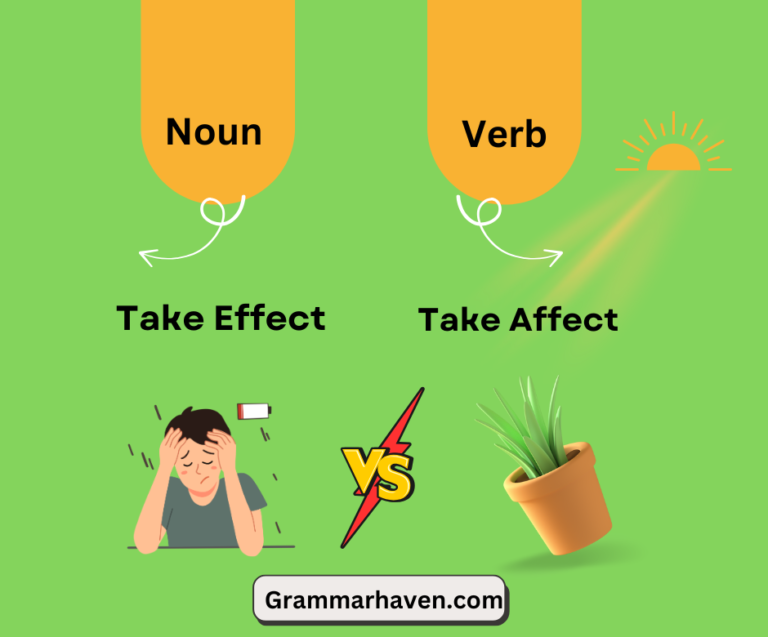Full Time or Full-Time: What’s the Right Way to Write It?
Full time or Full-time , full time without hyphen acts as a noun phrase while with hyphen “full-time” acts an adjective or adverb . People find Writing tricky sometimes, especially when deciding if certain words need hyphens. Many people get confused about whether to write full time or full-time. Though both forms appear frequently in everyday writing, each has specific uses where it’s considered correct.
This article will clear up the confusion and show you exactly when to use each form in your writing.
Why Is There Confusion?
The mix-up between full time and full-time happens because they look almost identical. But the main difference is how they function in sentences. The hyphenated version full-time works as an adjective or adverb when describing something like a job or how something is done (like “a full-time position”).
The version without a hyphen, full time, works as a noun that refers to the normal hours spent at work. Many writers struggle with this because the correct choice depends entirely on how you’re using the term in your sentence.

Quick Summary
When choosing between full time and full-time, remember this simple rule: full time (no hyphen) is a noun that refers to the standard number of work hours, as in “She works full time.” Full-time (with a hyphen) is an adjective or adverb that describes jobs or activities requiring complete commitment, like “She has a full-time job.”
What Does “Full Time” Mean?
When we write full time as two separate words, it’s working as a noun. It means the standard number of hours that make up a normal workweek or a complete commitment to an activity. For example, if someone says, “He works full time,” it means he works all the normal working hours at his job.
Another example would be: “Full time at this company is 35 hours per week.” Here, full time works as a noun to tell us the expected working hours.
Remember, when used as a noun, full time never has a hyphen.
What Does “Full-Time” Mean?
The hyphenated version full-time works as both an adjective and an adverb. It describes a job or commitment that involves the complete amount of normal working hours. For instance, in “She has a full-time position,” the term full-time works as an adjective to describe what kind of position she has.
As an adverb, full-time changes a verb to show complete commitment to an activity. For example: “He studies full-time at the university,” shows that he spends all his study hours on his university work.
Whenever full-time describes a noun (like “employee” or “student”) or a verb (like “works”), the hyphen connects the words into one descriptive unit.
Source : Merriam-Webster

Is it Fulltime or Full-time?
“Fulltime” (written as one word with no space or hyphen) is simply incorrect. While some people might use it in casual writing or texts, it’s not accepted in proper writing. The correct forms are full time (for nouns) and full-time (for adjectives or adverbs). To keep your writing accurate, stick with the proper usage of full time and full-time.
Which One Should You Use: “Full Time” or “Full-Time”?
Choosing between full time and full-time depends on how you’re using the phrase in your sentence. Both are correct, but they serve different purposes. Here’s when to use each one:
Use “Full Time” (Without a Hyphen) When It’s a Noun
When full time works as a noun, it refers to the normal hours for a job or activity.
As a noun: Full time refers to the usual amount of time spent working. Example: “She prefers full time over part-time work.”
In this case, the phrase describes the quantity of time given to an activity, so it doesn’t need a hyphen.
Is there a hyphen in full-time?
Yes, full-time is hyphenated when used as an adjective (before a noun) or as an adverb.
Examples:
- She has a full-time job. (Adjective modifying “job”)
As an adjective: Full-time describes a job or activity that needs the standard number of working hours. Example: “She got a full-time position at the hospital.”
As an adverb: Full-time can describe how something is done, showing that an activity is done completely. Example: “He works full-time from home.” Here, the hyphenated version changes the verb “works” to show his level of commitment.
Quick Tip: Check the Function in the Sentence
- Noun: “They’re looking for full time employment.” (No hyphen)
- Adjective: “They’re full-time workers.” (Hyphen needed)
- Adverb: “They work full-time at the store.” (Hyphen needed)
Understanding the difference between full-time vs. full time is just as important as distinguishing long-term vs. long term in professional writing. Both follow similar hyphenation rules, ensuring clarity in different contexts. Check out our detailed guide on long-term vs. long term to refine your grammar skills.
How to write full-time in British English?
In British English, full-time follows the same hyphenation rules as in American English:
Hyphenated (full-time) when used as an adjective or adverb
- He has a full-time job. (Adjective)
- She works full-time at the company. (Adverb)
No hyphen (full time) when used as a noun phrase
- She works full time, but he works part time.
Full-time or Part-time
Both full-time and part-time follow the same hyphenation rules:
Use a hyphen when they function as adjectives or adverbs:
- She has a full-time job. (Adjective)
- He works part-time at the store. (Adverb)
No hyphen when used as a noun phrase:
- He works full time, but she works part time.
Full-time Hours
“Full-time hours” is correct with a hyphen because full-time is an adjective describing hours.
Example:
- She works full-time hours at the company.
Full-time or Full time Student
“Full-time student” is correct with a hyphen because full-time is an adjective describing student.
Example:
- He is a full-time student at the university.
Incorrect: He is a full time student. (Missing hyphen)
Synonyms for “Full Time” and “Full-Time”
Adding variety to your writing with synonyms can make it more interesting. Here are some alternatives for both full time (noun) and full-time (adjective/adverb):
Synonyms for “Full Time” (Noun)
- Standard hours: The typical working hours for a job. Example: The standard hours at this office are 9 to 5.
- Complete schedule: The full set of hours expected in a role. Example: A complete schedule includes weekend shifts this month.
- Regular hours: The fixed hours set for work or study. Example: Regular hours start at 8 AM for all staff.
- Normal shift: The typical work hours for a job. Example: A normal shift lasts eight hours at the factory.
- Full working week: The total hours worked in a standard week. Example: A full working week equals 40 hours here.
Synonyms for “Full-Time” (Adjective/Adverb)
- Permanent: A non-temporary job or role. Example: He found a permanent position after his internship.
- Regular: Consistent and scheduled hours. Example: She has regular employment with set hours.
- Continuous: A steady and ongoing commitment. Example: The job requires continuous attention throughout the day.
- Entire: A total commitment of time or effort. Example: She dedicated her entire week to finishing the project.
- Uninterrupted: An effort or commitment without breaks. Example: He maintained uninterrupted focus on his studies.
Examples in Context
Examples Using “Full Time” (Noun)
- After trying part-time work, she decided to switch to full time for better benefits.
- The company expects new hires to commit to full time during the training period.
- His schedule changed from temporary to full time after the probation period ended.
- The school offers full time to teachers with proper certification.
- To get health insurance, employees must work full time as defined by company policy.
Examples Using “Full-Time” (Adjective/Adverb)
- She accepted a full-time role in the marketing department.
- He got promoted to a full-time position after excelling in his temporary assignment.
- The college provides full-time courses for students wanting to graduate quickly.
- She manages two jobs, working part-time at the café and full-time at the office.
- He decided to enroll full-time this year to finish his degree faster.
Etymology of “Full Time” and “Full-Time”
Etymology of “Full Time”
The concept of full time as a noun dates back to the late 1800s. It first referred to the complete duration expected in a work schedule. The phrase combines two Old English words: “ful” (meaning “complete”) and “tima” (meaning “time”). Historically, it defined the total hours a person was expected to work in a week.
As work structures developed in the industrial age, full time came to mean the standard number of working hours in various jobs. By the end of the 19th century, the term was commonly used to describe a traditional work commitment.
Etymology of “Full-Time”
The adjective full-time appeared around 1895 and became a standard term for describing jobs requiring complete dedication. The hyphen was added to clarify its role as an adjective or adverb, allowing it to modify nouns (like “employee”) or describe involvement level (“working full-time”).
The word “full” comes from Proto-Germanic “fullaz” and means completeness. “Time” has roots in Proto-Germanic “timon-” and refers to a measured span. Together, they create a term that precisely describes complete time commitment.
Conclusion
Knowing when to use full time or full-time makes your writing clearer and more professional. Remember that full time without a hyphen works as a noun that refers to standard working hours. Full-time with a hyphen works as an adjective or adverb that describes a job or how someone works. This simple distinction helps prevent confusion and ensures your readers understand exactly what you mean. With this knowledge, you can now use both forms correctly in all your writing.
FAQs
Is full-time one word or hyphenated?
Full-time is typically hyphenated when used as a compound modifier before a noun or as an adverb.
Is full-time hyphenated AP style?
Yes, AP style requires hyphenating full-time when it’s used as a modifier before a noun.
Do full-time and part-time need a hyphen?
Yes, both full-time and part-time should be hyphenated when they’re describing or modifying something.
What is the proper way to write part-time?
Part-time is correctly written with a hyphen, especially when it functions as a compound adjective.






